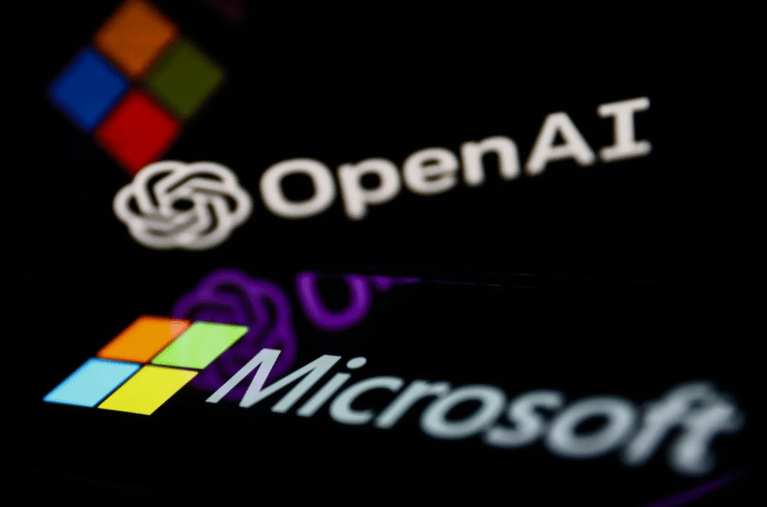OpenAI–Microsoft Tensions Escalate: Antitrust Concerns Raise Regulatory Risk for MSFT
A developing rift between OpenAI and its largest financial backer, Microsoft Corp. $MSFT, has sparked concerns over potential violations of U.S. antitrust law, according to a Wall Street Journal report. The friction reportedly stems from the structure of their ongoing strategic partnership, with OpenAI executives allegedly weighing whether to formally accuse Microsoft of anticompetitive conduct.
The move, if pursued, could prompt federal regulatory scrutiny of contractual agreements between the two firms, including Microsoft’s substantial investment in OpenAI and its access to proprietary artificial intelligence models. It also highlights a growing tension in the evolving AI ecosystem, where corporate control and innovation often intersect uneasily.
Legal and Strategic Implications of a Fracturing AI Alliance
The OpenAI–Microsoft partnership was once heralded as a model for responsible and commercially viable AI collaboration. Microsoft invested over $13 billion in OpenAI, gaining priority access to GPT models and embedding them across its Azure cloud services and Office 365 suite. In return, OpenAI leveraged Microsoft’s infrastructure to scale its AI offerings.
However, internal divisions at OpenAI, particularly after leadership changes in late 2023, have reportedly triggered fresh concerns about corporate influence, control of IP, and market dominance. Executives are said to be reviewing whether Microsoft’s integration of OpenAI technologies gives it an unfair competitive edge, possibly constituting a breach of antitrust norms.

Quick Facts: Key Elements in the OpenAI–Microsoft Dispute
💼 Microsoft has invested ~$13B in OpenAI, securing commercial licensing rights
⚖️ OpenAI is considering seeking federal regulatory review of Microsoft’s practices
🔍 U.S. antitrust regulators have recently increased focus on Big Tech consolidation
💬 A public campaign by OpenAI is reportedly under discussion
🤝 Partnership includes cloud, product, and infrastructure-level integration
Market Response and Broader AI Industry Ramifications
While Microsoft stock showed limited immediate reaction, the potential for regulatory intervention adds an additional layer of legal uncertainty to its AI leadership narrative. Investors are increasingly sensitive to antitrust risk amid intensifying scrutiny of Big Tech from U.S. and European regulators.
Legal experts suggest that even the perception of anticompetitive behavior could prompt regulators such as the Federal Trade Commission (FTC) or Department of Justice (DOJ) to initiate informal inquiries. The timing is particularly significant, as global governments begin outlining rules for AI governance, data rights, and platform competition.

Key Takeaways: Strategic and Legal Risk Factors
Regulatory Exposure: A formal complaint could trigger FTC or DOJ inquiries into Microsoft’s AI partnerships.
Contractual Reassessment: Scrutiny may lead to renegotiation of cloud and IP-sharing agreements.
Public Perception Risk: OpenAI's potential public campaign could damage Microsoft's reputation in AI ethics.
Tech Sector Precedent: Any regulatory ruling may set a precedent affecting other AI partnerships.
Market Uncertainty: Prolonged disputes may influence investor sentiment on AI-driven valuations.
A Pivotal Moment for AI Governance and Platform Power Dynamics
The possibility of OpenAI challenging Microsoft on antitrust grounds marks a pivotal development in the AI commercialization landscape. While no formal action has yet been taken, the reported internal deliberations at OpenAI signal mounting discomfort with the current power dynamics. As both firms navigate the tension between innovation and influence, the outcome of this friction could have lasting implications for how foundational AI technologies are developed, monetized, and regulated.
If regulatory scrutiny materializes, it could reshape not just this partnership, but also the broader legal framework governing vertical integration and competitive fairness in the AI industry.















Comments